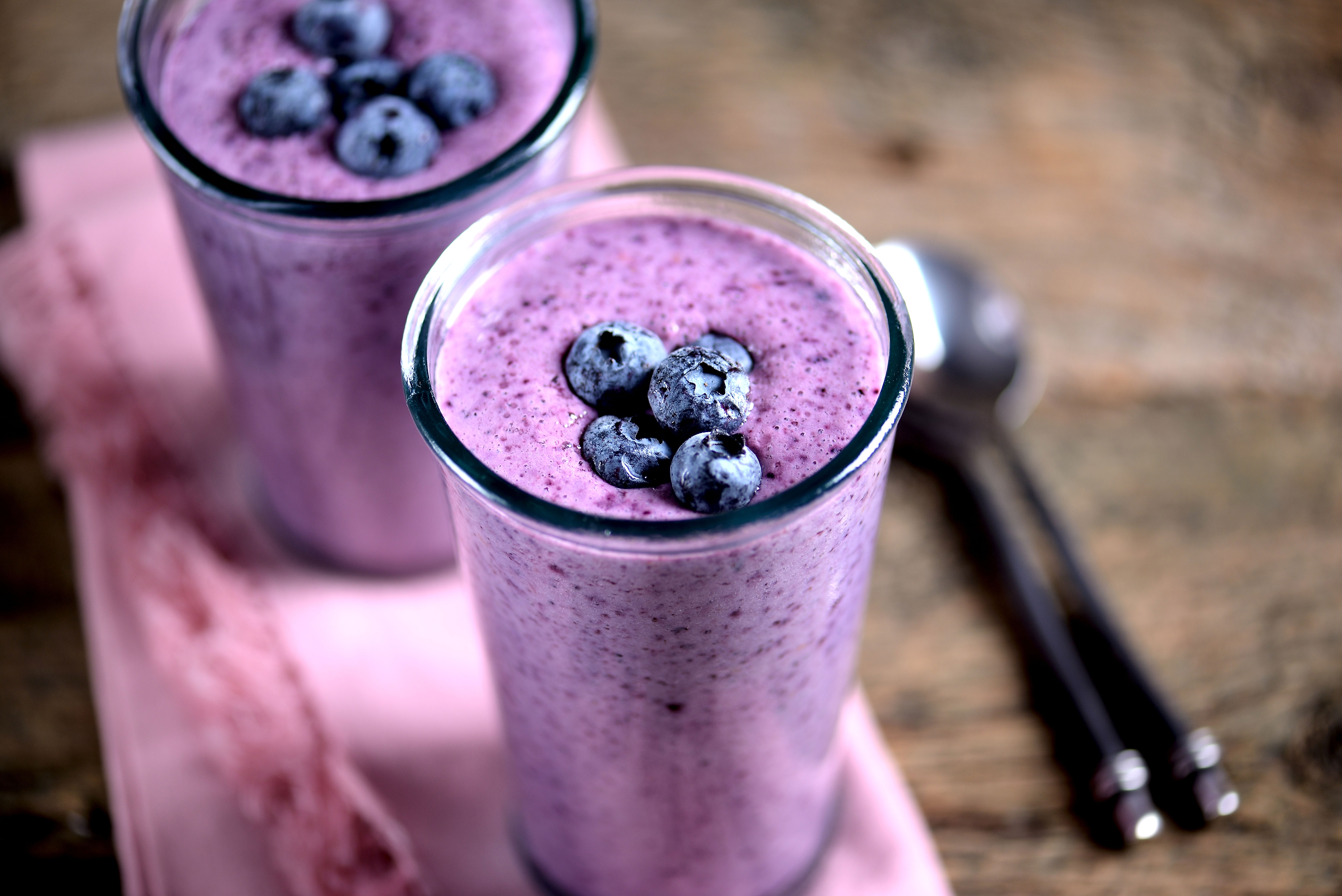
Alcohol addiction: How can you tell if you have a problem?
A cocktail hour, a beer while watching the game or a glass of wine with dinner are common rituals for many American adults. But any doctor, and common sense, will tell you that overindulging is a health risk. And worse, if that “ritual” escalates, it can become an addiction that can take over your life without you even realizing it.
Advice from the NIAAA
The National Institute on Alcohol Abuse and Alcoholism is clear on its advice: If you don’t drink, don’t start. If you do drink, then make sure it’s within the U.S. dietary guideline range — one drink or less per day for women, two or less for men.
Featured Article
Portion size and tolerance
Alcohol addiction can creep up on people because that “one”drink” might have a lot more alcohol than you realize. Portion size is crucial — if you have an extra-large wine glass, that one drink is probably more like two. Building up a high tolerance for alcohol can be a danger and can lead to many health and behavioral issues.
Excessive drinking causes harmful effects
Drinking a bottle of wine or a six-pack of beer a day? There is no doubt that it is harming your body — it affects vascular systems, your liver and digestive tract, raises your risk for cancer and harms your brain, not to mention that it can often have negative effects on your personal life and relationships with those who love you.
The path to addiction: From enjoyment to compulsion
Alcohol addiction follows the path of many other neurologically based addictions. You drink because it’s fun, it feels good or helps you forget problems. If it’s not a habit, that’s not a problem. Here’s the issue: Repeated alcohol consumption results in changes in the brain that lead to habit formation, ultimately contributing to compulsive use.
“I can stop anytime I want to” is something people think when they don’t realize their habit has actually become an addiction. But stopping leads to unpleasant withdrawal symptoms — poor sleep, feelings of illness, anxiety or irritability. These effects make it easy for a person to stop these negative effects by drinking again. The brain’s prefrontal cortex, accustomed to alcohol and seeking to rid itself of negative effects, will drive a compulsion to seek out more alcohol.
Overcoming addition: Breaking the cycle with support
Once addicted, it’s hard to stop without help. Fortunately, there are many resources available for those who need them. TidalHealth’s Behavioral Health Services can connect you with help on Delmarva. Take pride in taking steps to conquer this disease. It shows you value yourself and those who may be harmed by your excessive alcohol consumption. You can overcome alcohol addiction and break the cycle — just ask for help.





